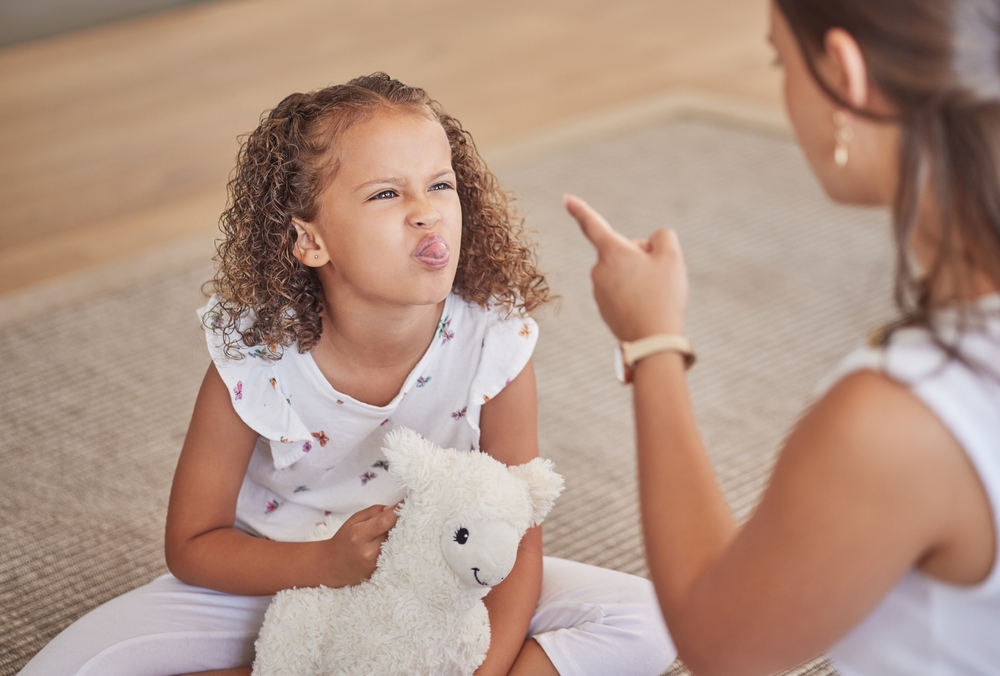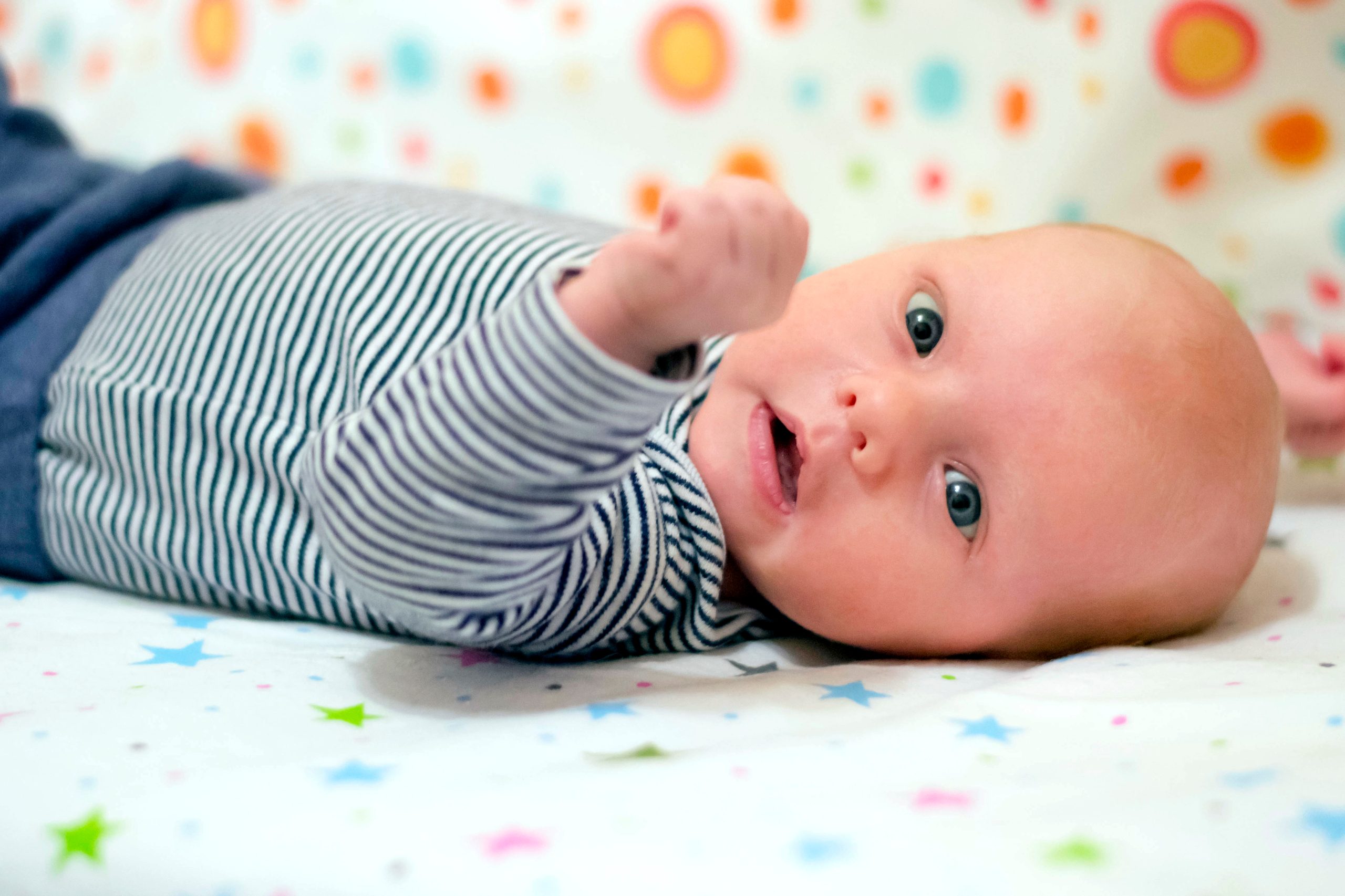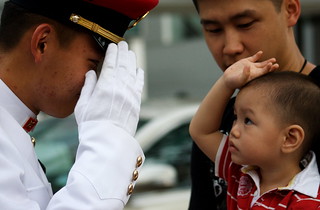Teachers see more than just grades and attendance—they observe the behavior patterns shaping the next generation. And lately, many educators have raised concerns that certain parent habits are unintentionally creating a wave of ruder, less empathetic kids. While every family is unique, there are common behaviors teachers identify as warning signs that children aren’t learning essential respect, patience, or self-control. Recognizing these patterns early can help parents reset and build better foundations for kindness and accountability.
1. Overexplaining or Excusing Bad Behavior
One of the most damaging parent habits teachers notice is constantly explaining away a child’s bad behavior. Parents may think they’re being supportive by saying things like, “He’s just tired,” or “She’s acting out because she’s bored.” But these excuses teach children to rationalize rudeness instead of learning responsibility. Teachers say it’s more effective to acknowledge the behavior and help kids make amends, rather than shifting blame. Setting clear boundaries shows kids that respect matters in every situation.
2. Doing Everything for Their Child
Many parents jump in too quickly to fix every problem—packing forgotten lunches, redoing homework, or emailing teachers to resolve issues. This well-meaning rescue habit teaches kids that others will always step in to clean up their messes. Teachers report that students who never face natural consequences often become entitled and impatient with others. Encouraging independence helps kids develop resilience and humility. Responsibility builds character in a way overprotection never can.
3. Ignoring Manners at Home
Teachers often say rude kids don’t learn it at school—they bring it from home. When “please,” “thank you,” and “excuse me” aren’t part of daily life, kids quickly internalize the idea that basic manners are optional. Parents set the standard for respect in tone and behavior, whether it’s how they speak to servers, cashiers, or each other. Making politeness a family norm helps children carry it naturally into classrooms and friendships. Respect is learned through consistent modeling.
4. Allowing Constant Interruptions
Another common issue teachers highlight among parent habits is letting kids interrupt adult conversations or demand attention instantly. While parents may view it as harmless enthusiasm, teachers see students who struggle to wait their turn or listen to others. Practicing patience at home—such as waiting politely before speaking—can make a huge difference. It teaches empathy and self-control, two skills critical for both school and life. Listening is as valuable as speaking, and it starts with practice.
5. Criticizing Teachers in Front of Kids
When parents openly criticize educators, kids pick up on that disrespect fast. Comments like “Your teacher doesn’t know what she’s doing” can erode authority and encourage defiance in the classroom. Teachers say this habit makes it much harder to maintain order or cooperation. Even if parents disagree with a teacher’s approach, it’s best to discuss concerns privately or model respectful disagreement. Showing kids how to handle conflict maturely sets a powerful example for future interactions.
6. Rewarding Every Little Thing
Modern parenting often blurs the line between encouragement and overpraise. Constantly rewarding kids for basic expectations—like cleaning up or finishing homework—can create a sense of entitlement. Teachers note that students accustomed to endless praise often react poorly to constructive criticism. Genuine self-esteem comes from effort and accomplishment, not constant approval. Recognizing big achievements while expecting everyday effort builds healthier motivation.
7. Allowing Too Much Screen Time
Too much screen exposure is one of the parent habits most linked to rude or impatient behavior. Teachers frequently observe students who mimic online sarcasm or struggle to read emotional cues in real life. Excessive time on tablets or phones also limits empathy and face-to-face communication skills. Setting screen boundaries allows kids to practice real-world interactions. Conversations, eye contact, and shared activities are the best antidotes to digital disconnection.
8. Not Teaching Accountability
When kids don’t face the consequences of their actions, they learn that blame can always be shifted elsewhere. Teachers say many parents rush to defend their child, even when evidence clearly points otherwise. This undermines the lessons of honesty and responsibility. Supporting children means holding them accountable, not shielding them from mistakes. Owning up to misbehavior is a vital life skill—and one that starts at home.
9. Neglecting Empathy and Gratitude
Teachers consistently find that kids who lack empathy often come from homes where appreciation isn’t emphasized. When gratitude and compassion aren’t discussed, children struggle to understand others’ perspectives. Parents can model empathy by discussing feelings, helping others, and showing appreciation daily. Simple acts—like writing thank-you notes or acknowledging kindness—make a lasting impact. Raising emotionally intelligent children starts with intentional modeling and conversation.
10. Letting Disrespect Slide
The final of these parent habits teachers warn about is ignoring small signs of disrespect. When eye-rolling, backtalk, or dismissive tones go unchecked, kids learn that boundaries are flexible. Teachers say even minor rudeness can grow into major attitude problems over time. Correcting behavior early—calmly but firmly—prevents entitlement from taking root. Respect should never be optional; it’s a daily expectation reinforced by consistent action.
Building Respect Starts at Home
Children don’t become rude overnight—it’s a reflection of what they see and what’s tolerated. Parents play the most powerful role in shaping how kids treat others. By being mindful of these parent habits, families can foster empathy, gratitude, and respect that last a lifetime. Kids who learn manners and accountability at home carry those values everywhere they go, from classrooms to future workplaces. Respect begins with the example parents set today.
Which of these parent habits do you think has the biggest impact on kids’ behavior? Share your thoughts or experiences in the comments below!
What to Read Next…
6 Innocent Parenting Habits That Lead to Big Therapy Bills Later
Parenting Pitfalls: 8 Mistakes That Could Cause Trouble With Your Kids Later
The “Harmless” Habit: 7 Health Habits Shortening Childhood For Many
Think Your Baby’s Safe? 5 Toddler Habits Stalling Brain Development
7 Daily Habits That Make You a Calmer Parent
Catherine is a tech-savvy writer who has focused on the personal finance space for more than eight years. She has a Bachelor’s in Information Technology and enjoys showcasing how tech can simplify everyday personal finance tasks like budgeting, spending tracking, and planning for the future. Additionally, she’s explored the ins and outs of the world of side hustles and loves to share what she’s learned along the way. When she’s not working, you can find her relaxing at home in the Pacific Northwest with her two cats or enjoying a cup of coffee at her neighborhood cafe.












